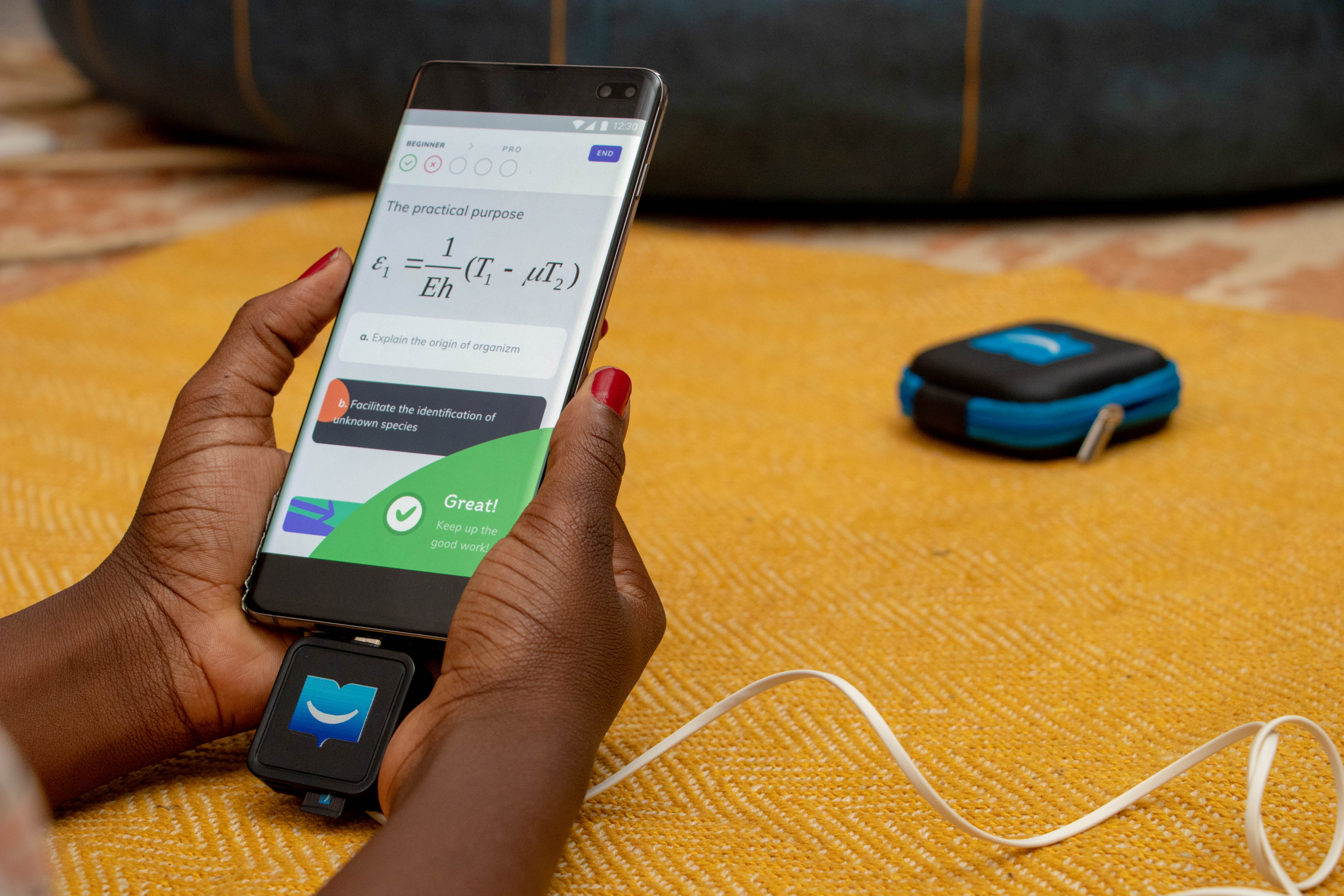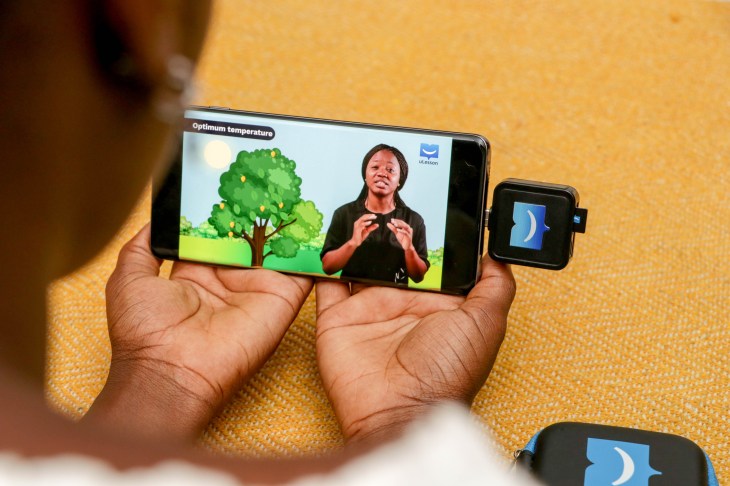Sim Shagaya’s Yet-To-Launch Edtech Startup uLesson Raises USD 3.1 Mn Seed Round

Sim Shagaya, the Nigerian serial tech entrepreneur who is known for founding Konga, E-motion, the now-defunct Dealdey, and four other lesser-known ventures, has been busy building yet another tech startup for quite some time now.
His latest venture is an edtech startup known as uLesson — which may not be fully up and running at the moment — but has managed to raise the sum of USD 3.1 Mn from TLcom Capital for its seed round.
Thanks @TLcomCapital for joining us on this journey. The @uLessonApp team appreciates your mix of maturity and spirit of adventure. We look forward to building together! https://t.co/Ae2zmeWThd
— Sim Shagaya (@SimShagaya) November 26, 2019
uLesson is integrating mobile platforms, SD cards, culture-specific curriculum and a network of tutors to bridge educational gaps for secondary school students in Nigeria and beyond.

uLesson has been built to supplement secondary school education. It is also intended as a more affordable and effective alternative to private tutors.
The platform allows learners to experience personalised learning, practice tests, region-specific mock tests and assessed performance and progress for students and parents, including rich reporting dashboards for detailed analysis.
The startup, which was founded early this year, is headquartered in Lagos, Nigeria, though it has a production studio in Jos — a city in Plateau State in Nigeria’s Middle-Belt region, which happens to be Shagaya’s state of origin. Incidentally, Shagaya also serves the State as an advisor to the Governor.
As per the press release, the startup has been in the development phase and plans to officially launch in Nigeria in February 2020, before moving on to Ghana, Sierra Leone, and The Gambia.
“We’re targeting Anglophone West Africa…for a market of effectively 300 million people,” Shagaya told TechCrunch over a phone call.
“We have this massive gap…We’re adding more babies in this country nominally than all of Western Europe…Even if the [Nigerian] government was super efficient, it couldn’t catch up with the educational needs of the young people that are coming up,” Shagaya said.
The Nigerian tech entrepreneur appears to have done his homework on the demand for the edtech product, citing the relevance of education across households in West Africa and the structural deficiencies which mean that there is only 1 teacher for every 70 students in Nigeria, as an indication uLesson can be a winner.

uLesson is looking to plug the education gap by offering an app-based intensive home education kit. The kit will be made available to users who pay an upfront yearly subscription fee of just USD 70.00 and there is also a pay-as-you-go plan for users who prefer smaller plans.
An SD card, a set of headphones, and a dongle will all be included in the uLesson product pack.
SD cards are included in the uLesson pack as a way of minimizing data and streaming costs which may be too steep for some users in trying to access the startup’s content and performance assessment.
According to Shagaya, the curriculum on the uLesson program will include practice tests and tailored content around math, physics, chemistry, and biology. The venture has already created 3000 animated videos for core subjects.
In addition, there is also a human component to the uLesson programme. By design, the startup will be deploying a network of counselors in major distribution areas to instruct on how to use the app and keep up with lesson plans.
As part of the seed round, Ido Sum and Omobola Johnson, partners in TLcom’s executive team, will join the board alongside former Konga CEO, Shola Adekoya.
This post has been updated to reflect that two TLcom Capital partners and a former CEO at Konga have all joined the uLesson board.
Featured Image Courtesy: BenjaminDada